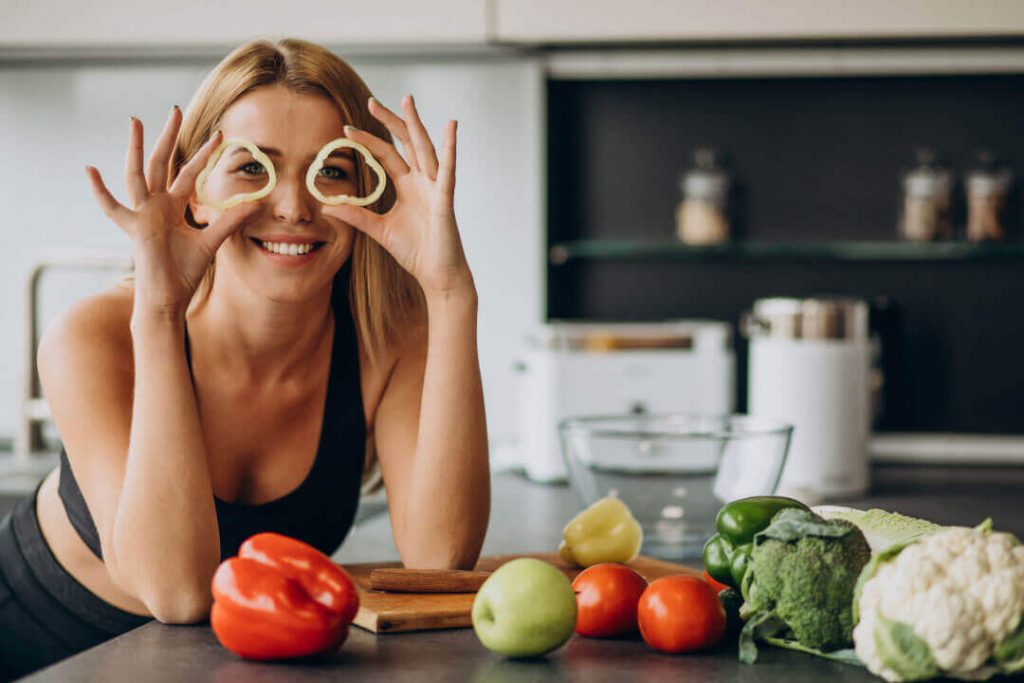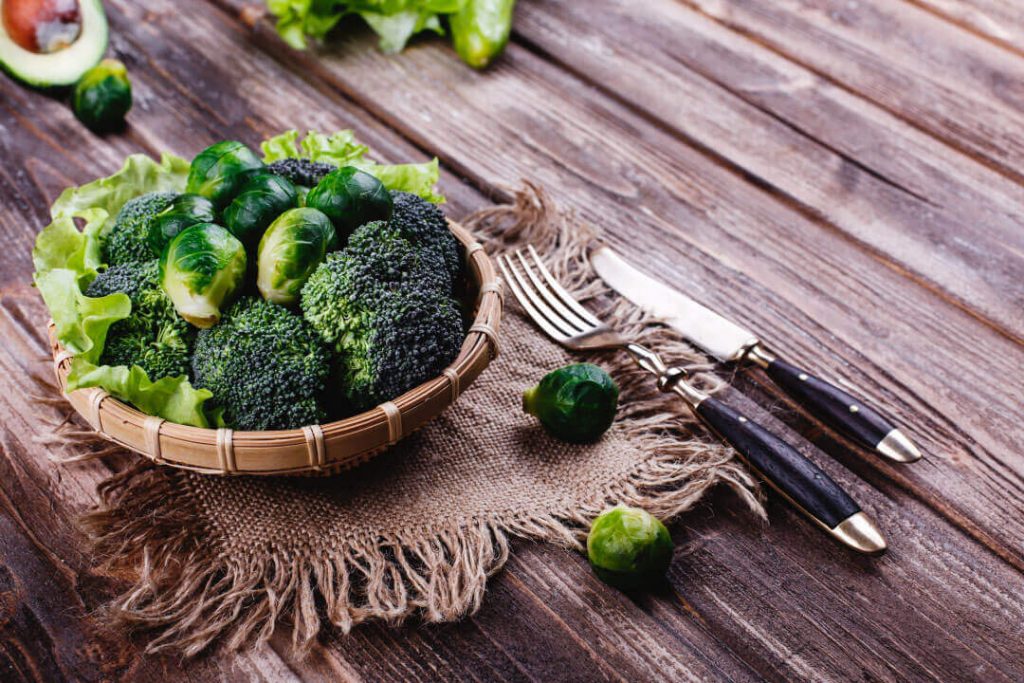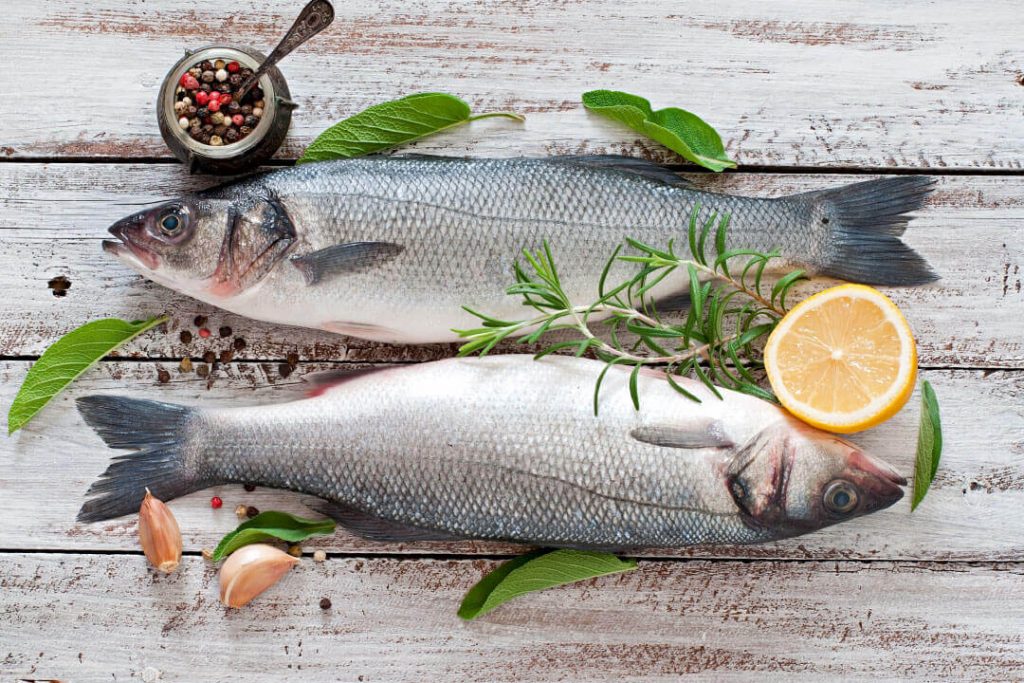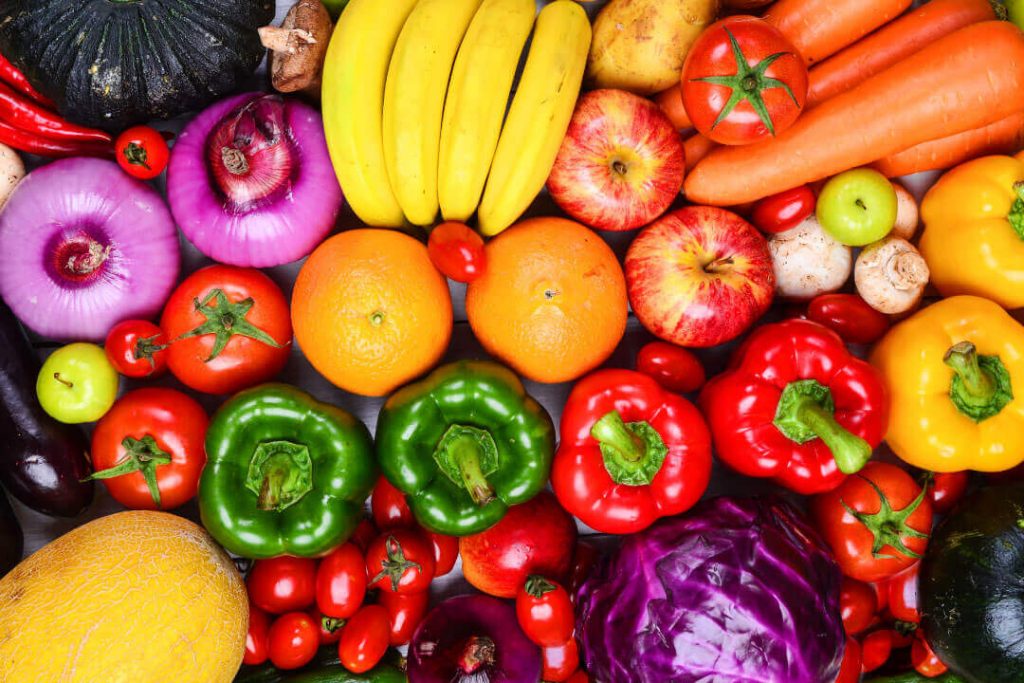
Eating for Eye Health
We’re all familiar with the messages around healthy eating for weight loss, prevention of certain diseases and health and wellness in general, but did you know that what you eat (or don’t eat) also has an impact on the health of your eyes?
In fact, there are a number of vitamins and minerals that with regular consumption through food can help to maintain or even improve the health of your eyes. Not only that, but there are two conditions in particular where inclusion of the right nutrients may help – cataracts and macular degeneration, and a third, glaucoma, where studies are showing some promising results.

What vitamins and minerals do our eyes need for good health – and which foods have them?
An overall healthy diet can only be a good thing for your eyes and your body in general, but there have been a few vitamins and minerals in particular identified as being the most beneficial to good eye health.
Lutein and zeaxanthin – These are phytochemicals (a chemical produced by plants). In the plant, they help with growth and protection against disease. It is this protection mechanism that we’re particularly interested in here, as it provides our eyes with a line of defence. There is much research to be done of course, but scientists estimate there are more than 5,000 phytochemicals in plants –these two have been identified as good for eyes – but of course there could be many more!
Lutein and zeaxanthin are found in dark, leafy greens such as broccoli, Brussel sprouts, kale, lettuce, spinach etc., and also in egg yolks.

Omega 3 fatty acids – Omega 3’s are a family of fatty acids (good fats). Our bodies need them for good health but we can’t produce them on our own so must get them from our diet. In particular DHA, a type of Omega 3 fatty acid has been identified by scientists as good for preservation of vision and relief of dry eye and inflammation. You can find Omega 3’s in fish (especially oily or cold-water fish such as salmon, mackerel and sardines), nuts and seeds and plant-based oils such as flaxseed or soybean oil.
Vitamin A, C and E – Vitamins are organic substances, and are essential nutrients that our bodies need to survive. Vitamins A and E are fat-soluble – that means they are stored in our fatty tissue and liver and are released into our body slowly. Vitamin C however is water-soluble. That means it leaves the body more quickly, so it is a vitamin that we have to keep topping up all the time through food.
Vitamin A can help with maintaining a clear cornea and may help you see in low light conditions. A vitamin A deficiency could lead to a progressive eye disease called xerophthalmia. Boost up your vitamin A intake with lots of orange foods such as apricots, melon, carrots, mangoes and sweet potatoes.
Vitamin C is an antioxidant that can help banish those free radicals (scientists partly blame wrinkles and grey hair on those), and boosts collagen production, which may help with the structure of the eye. Studies have also shown that vitamin C may reduce the risk of cataracts. Vitamin C is in citrus fruit, but also broccoli, Brussel sprouts, kiwifruit and strawberries.
Vitamin E, like vitamin C is an antioxidant, and may help protect your cells, including those in your eyes from damage by free radicals. You can find vitamin E in nuts and seeds, wheat germ and spinach.

Zinc – no, not the type you spread on your nose, but the essential nutrient that we need for all sorts of things such as healing wounds, immune function and growth and development. Like Omega 3 fatty acids, our bodies can’t produce zinc so we need to get it through our diet. Good quantities of zinc can be found in chickpeas, oysters, red meat, pork and yoghurt.
Studies have also shown that adequate hydration through water intake can help prevent dry, irritated or itchy eyes, so make sure you are consuming lots of water as well.

What foods should we avoid?
We suspect you know the answer to this one already, but in a nutshell – any foods that are bad for your health overall are not great for your eyes either. In particular studies have found that diet soft drinks may cause a higher risk of diabetic retinopathy, high sodium may lead to an increased risk of cataracts and refined carbohydrates may increase the risk of age-related macular degeneration. Smoking is also not ideal and has been shown to contribute to cataracts, macular degeneration and optic nerve damage.
What are the main conditions that diet has shown to help with?
The body is a complex beast, and as you’d suspect, everything is interrelated and connected in some way. For example obesity, which can lead to type 2 diabetes, can then lead to diabetes-related eye conditions. But in particular, adequate consumption of the vitamins and minerals mentioned above have been shown in studies to help with prevention or slowing of macular degeneration and cataracts.
Both of these conditions can be related to age, so by fuelling your body with the vitamins and minerals that fight ageing and deterioration, you are giving your body (and your eyes) a good chance of maintaining good health for longer.
Next steps:
There are a few things you can do if anything in this article has raised concerns:
Speak to an optometrist – we can advise you on your eye health in general and preventative measures you can take through diet to keep your eyes as healthy as possible.
Change your diet – implement some of the foods listed above to boost your intake of necessary vitamins and minerals for good eye health.
See a GP – eye health is just one piece of the puzzle, and other diet-related conditions could also be helped by adopting some of the foods listed above.
This website does not provide medical advice. It is intended for informational purposes only. It is not a substitute for professional medical advice, diagnosis or treatment. Never ignore professional medical advice in seeking treatment. If you think you may have a medical emergency, immediately dial Triple 0 (000).
Sources:
Harvard Health Publishing (Harvard Medical School), Top foods to help protect your vision. https://www.health.harvard.edu/staying-healthy/top-foods-to-help-protect-your-vision. Accessed February 2021.
Harvard Health Publishing (Harvard Medical School), Harvard researchers: Fight glaucoma with leafy green vegetables, https://www.health.harvard.edu/vision/harvard-researchers-fight-glaucoma-with-leafy-green-vegetables, Accessed February 2021.
Harvard Health Publishing (Harvard Medical School), Fill up on phytochemicals. https://www.health.harvard.edu/staying-healthy/fill-up-on-phytochemicals. Accessed February 2021.
Harvard Health Publishing (Harvard Medical School), Omega-3 for your eyes. https://www.health.harvard.edu/heart-health/omega-3-for-your-eyes . Accessed February 2021.
Healthline, What are Omega-3 fatty acids? Explained in simple terms. https://www.healthline.com/nutrition/what-are-omega-3-fatty-acids. Accessed February 2021.
Healthline, The 9 most important vitamins for eye health, https://www.healthline.com/nutrition/eye-vitamins. Accessed February 2021.
Medical News Today, What are vitamins, and how do they work? https://www.medicalnewstoday.com/articles/195878. Accessed February 2021.
Medical News Today, How do free radicals affect the body? https://www.medicalnewstoday.com/articles/318652. Accessed February 2021.
Medical News Today, Zinc: Everything you need to know. https://www.healthline.com/nutrition/zinc. Accessed February 2021.
National Library of Medicine, Vitamin E and the risk of age-related cataract: a meta-analysis, https://pubmed.ncbi.nlm.nih.gov/25591715/ , Accessed February 2021.
NVision, How does your diet impact eye health and vision? https://www.nvisioncenters.com/diet-and-eye-health/#:~:text=An%20unhealthy%20diet%20of%20highly,related%20macular%20degeneration%20(AMD). Accessed February 2021.
US Library of Medicine, Dietary sources of lutein and zeaxanthin carotenoids and their role in eye health, https://www.ncbi.nlm.nih.gov/pmc/articles/PMC3705341/#:~:text=Lutein%20and%20zeaxanthin%20are%20the%20most%20common%20xanthophylls%20in%20green,29%5D%20(Table%201). Accessed February 2021.
